detail profile anatoli chemodurov
Peran Yang Di Mainkan Anatoli Chemodurov
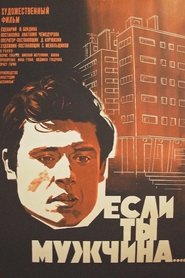 The main character of the film...
The main character of the film...If You Are a Man 1972
The main character of the film is an ordinary chauffeur Pavel, whose life is not very successful, despite the fact that he is a very kind and fair person. Finally, fate smiles at Pavel, he meets true love, but more and more tests fall to his lot, as if testing a simple guy for strength.
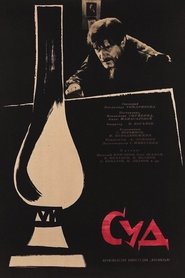 Three of them hunted a bear...
Three of them hunted a bear...The Judgment 1962
Three of them hunted a bear, but a man was accidentally killed instead. The investigation must determine which of the hunters is responsible for this death. However, there is also a judgment of conscience — the most difficult judgment, because a compromise with one's own conscience never leads to good...
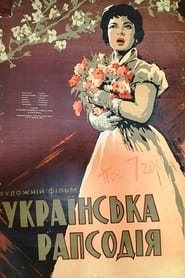 Singer Oksana has lost her beloved...
Singer Oksana has lost her beloved...Ukrainian Rhapsody 1961
Singer Oksana has lost her beloved in the war. Everyone thinks he perished, but actually he was taken prisoner, then ran away, hid, fell into American hands, and… Finally, he returns to his village, and meets Oksana. —Yerevan International Film Festival
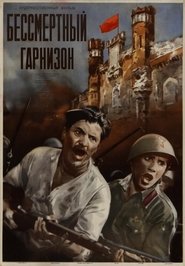 The Immortal Garrison is set in...
The Immortal Garrison is set in...The Immortal Garrison 1956
The Immortal Garrison is set in June of 1941, at the outset of the Nazi invasion of Russia. A group of Soviet servicemen, languidly biding their time at the Brest fortress on the Polish border, are suddenly galvanized into action. All desires to return home to their wives and sweethearts are swept aside as the courageous garrison unites to thwart a common enemy. The siege of Brest has served as story material for countless Russian films: in lieu of contradictory evidence, Immortal Garrison must be adjudged the best of these films. For its American release, Immortal Garrison was double-featured with another Soviet production, The Mexican.
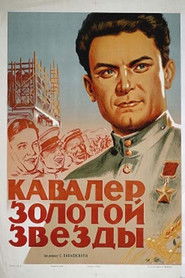 Soviet filmmaker Yuri Raisman once more...
Soviet filmmaker Yuri Raisman once more...Dream of a Cossack 1951
Soviet filmmaker Yuri Raisman once more combines political dogma with solid entertainment values in Dream of a Cossack (aka Cavalier of the Golden Star). The title character, played by future director Sergei Bondarchuk (and billed for obscure reasons as Semyon Bondarchuk), is an ex-soldier who returns home to the Kuban region, there to take up life as a farmer. Instead, he galvanizes the local citizenry into participating in a massive construction project, which will result in a new power station and canal. Thus does Raisman offer an prime example of Russian collectivism while making it seem as though it had sprung from individual initiative. Dream of a Cossack is based on a popular novel by S. Babayefsky.
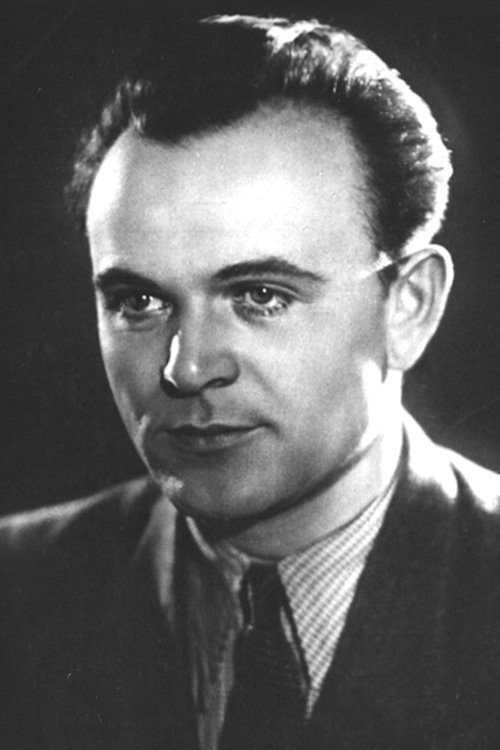
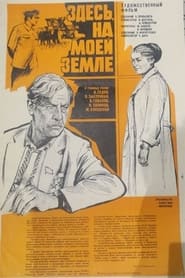
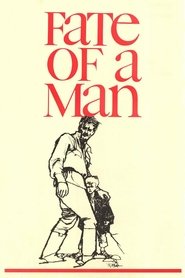 The story of a man whose...
The story of a man whose...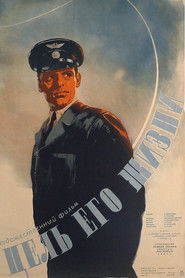
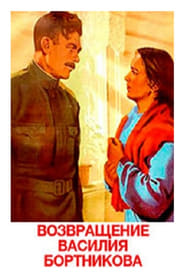 A veteran of World War II...
A veteran of World War II...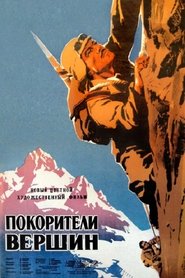
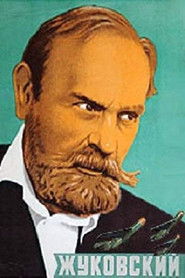 A biographical film about the fate...
A biographical film about the fate...